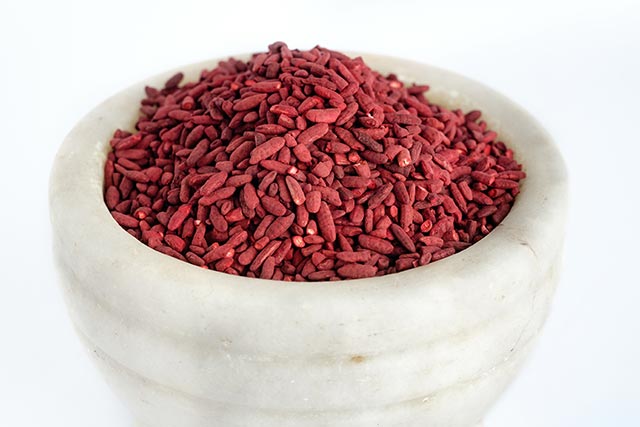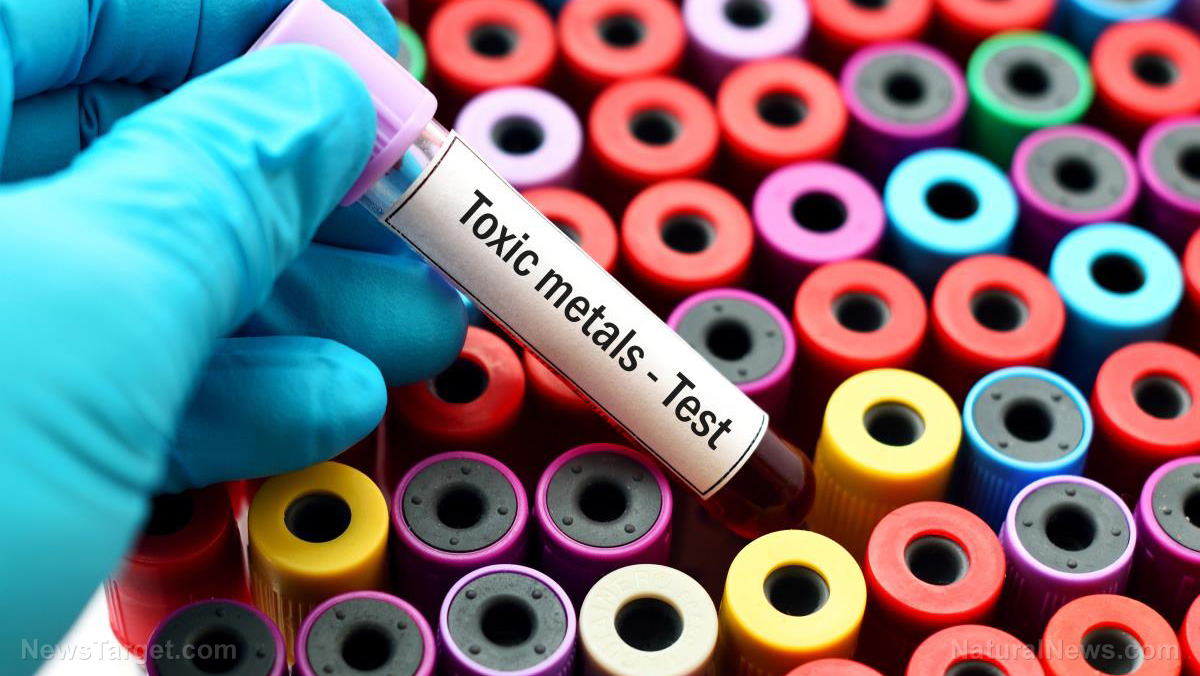Coffee: A little liver love in the morning
06/03/2019 / By Vicki Batts

Coffee is one of the most popular beverages in the world. Millions of people get their morning going with a cup of java or three, and new research shows that coffee has some surprising health benefits. While it already may feel good to drink coffee, scientists say the beloved beverage is actually doing something good for your body, too. New data suggests that coffee drinkers have a lower incidence of liver disease. Some evidence even suggests that coffee can help undo the damage caused by drinking alcohol.
While coffee has always been loved for its ability to help people wake up in the morning and jump-start their second wind, this new research from scientists at Johns Hopkins Bloomberg School of Public Health (JSHPH) could change the way we look at coffee.
Coffee has liver-protective benefits
In findings presented at the American Society for Nutrition’s annual meeting in Boston, JHSPH doctoral student and study leader Emily Hu and her team revealed coffee’s protective relationship with live health. As Healthline reports, the team used information collected by the national Atherosclerosis Risk in Communities (ARIC) study, analyzing data from 14,208 participants between the ages of 45 and 64. People who participated in the study took part by filling out diet surveys over the course of 26 years.
Hu and her cohorts used these diet surveys to find respondents who drank coffee and cross-referenced them with participants who reported liver health issues. Names from the coffee drinker list were also cross-referenced with hospital discharge papers and death certificates.
Mother Nature's micronutrient secret: Organic Broccoli Sprout Capsules now available, delivering 280mg of high-density nutrition, including the extraordinary "sulforaphane" and "glucosinolate" nutrients found only in cruciferous healing foods. Every lot laboratory tested. See availability here.
The team ultimately found that coffee drinkers had a 21 percent reduction in their risk of liver disease.
Hu told Healthline, “It was a really great experience to present this research and it was quite surprising how much interest there was in this research. Everyone who loves coffee was delighted to hear these results.”
“Others have said it would not be surprising that coffee may be protective of liver disease and that it may be beneficial for the liver,” she added.
The many health benefits of coffee
Past research has actually shown that coffee can do a whole lot for your liver. In 2016, researchers from the United Kingdom found that regular coffee consumption can help reverse alcohol-related liver damage. In a review which analyzed data from nine different published studies, featuring a total of 430,000 participants, scientists from Southampton University found that drinking two more cups of coffee every day can reduce your risk of cirrhosis by up to 44 percent.
At the time, study leader Dr. Oliver Kennedy commented, “Cirrhosis is potentially fatal and there is no cure as such. Therefore, it is significant that the risk of developing cirrhosis may be reduced by consumption of coffee, a cheap, ubiquitous and well-tolerated beverage.”
Kennedy and his team found that one cup of coffee a day was tied to a 22 percent reduction in risk of cirrhosis, compared to no coffee at all. With two cups, the risk dropped by 43 percent, and with three and four cups, the risk dropped even further — by 57 percent and 65 percent, respectively.
Some research has also shown that coffee can help protect your brain as you age, and may even ward off cognitive decline and dementia. Scientists have consistently found that coffee protects liver health, and may also be especially effective against cancer.
But, what you put in your coffee is still important. While it may taste good, loading up on cream and sugar every time you get a cuppa can come with its own consequences. Learn more about what you’re eating and drinking at Food.news.
Sources for this article include:
Tagged Under: antioxidants, caffiene, coffee, healing, Liver, liver health, natural cures, prevention, remedies


















